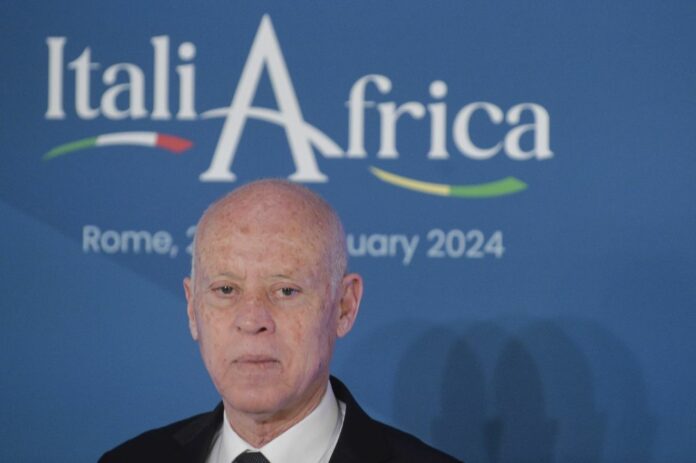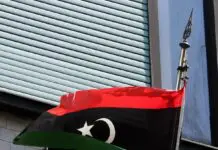
LA VALLETTA (MALTA) (MNA/ITALPRESS) – There will be three presidential candidates in Tunisia’s general elections on 6 October, down from 26 in 2019, in what human rights activists say is President Kais Saied’s onslaught on democracy. They also say it’s a continuation of Saied’s repression during the December 2022 parliamentary elections in which a mere 8.8% of the electorate cast their ballots. The 66-year-old Saied disbanded the government and parliament on 25 July 2021, then drafted a new constitution that gave him almost total power. After bringing charges against, convicting, or imprisoning at least eight of the 14 rejected candidates, he is undoubtedly headed for victory in another contentious election. Bassam Khawaja, deputy Middle East and North Africa director at Human Rights Watch, urged the Tunisian authorities to free democratic space by releasing jailed politicians. “The government should immediately end its political interference in the electoral process, reverse repressive measures, and allow opposition candidates to take part in the ballot,” he said. As it stands, Saied will face off against Zouhair Maghzaoui of the People’s Movement and Ayachi Zammel of the Azimoun Movement. According to the Tunisia Electoral Commission, candidates were disqualified for failing to meet nationality requirements, or for lacking the necessary financial guarantees, or endorsement signatures. Last year, Tunisia banned civil society as Saied continued with a crackdown on free speech in the birthplace of the Arab Spring. The international community is accused of turning a blind eye to developments in Tunisia, once a beacon of democratic hope in the Arabic part of the world. “The international community should no longer remain silent and should urge the government to rectify an already tainted electoral process,” Khawaja said. Saied, a law professor, entered the 2019 election as an independent candidate with a promise to tackle corruption and reform electoral laws. (ITALPRESS).
Foto: Agenzia Fotogramma














